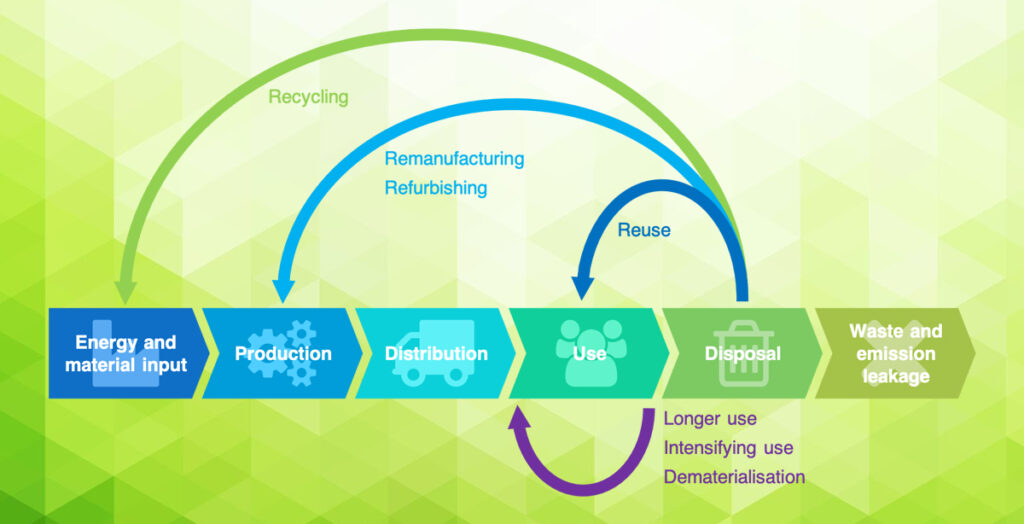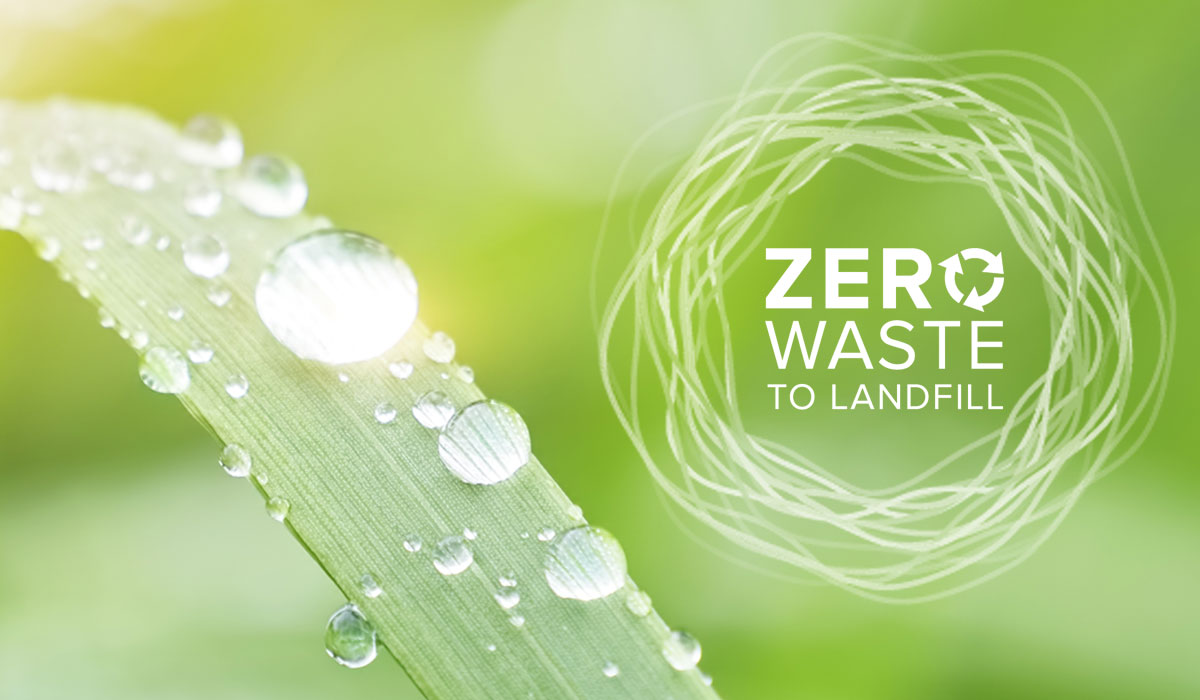E-Waste accounts for about 50 million tons of global waste each year. This has led to the rising need for a circular world economy to reduce the carbon footprint of companies producing large volumes of electronic waste.
The current tendency towards a linear economy model takes electronic waste and leaves it with nowhere to go. Used and outdated electronics end up clogging landfills and increasing the need for metal mining or trading.
To reduce the mining needs of nonrenewable and often toxic metals and minerals, Avail Recovery is working to ensure proper disposal and recycling of electronic waste. In the remainder of this article, we’ll further explore the details of a circular economy in the electronic waste industry.
What is a Circular Economy?
A circular economy focuses on the need to reduce the amount of waste produced in the global economy each year. This model differentiates itself from the linear model that has caused tremendous harm to the environment.

This system focuses on businesses, which are the most common source of electronic waste.
This type of economy focuses on three basic principles:
- Redesign in the tech industry – This would place emphasis on reducing the use of heavy metals and toxic substances that are often non reusable. By reducing the use of toxic chemicals in the environment, we focus on reducing pollution of the natural environment.
- Circulate use of materials – This focuses on the constant use and reuse of materials to help preserve the usefulness of products. This would reduce the costs of materials, labor, and energy consumption.
- Redevelop with systemic change – This requires a redesign of the current energy sector. This initiative calls for a reduction in fossil fuels in order to transition into the use of renewable energy. (Source: Ellen Macarthur Foundation)
Our Initiative
Avail Recovery works in compliance with global leaders to ensure the safe destruction and recycling of electronic waste. We accomplish this by maintaining downstream accountability for each transaction.
Our zero-landfill policy ensures that electronic waste does not clog the environment with toxic substances that pollute land, air, and water.
Additionally, our compliance and certification require that electronic waste is never sold or traded to illicit overseas buyers that have no environmental accountability. This helps further stimulate the national economy with the reuse of recyclable materials.
With the current epidemic of illegal and illicit trading of electronic waste, we are kept accountable by third-party auditors to ensure the protection of company branding and data.
To further explore our commitment to reducing e-waste, check out our policy on environmental health and safety.
